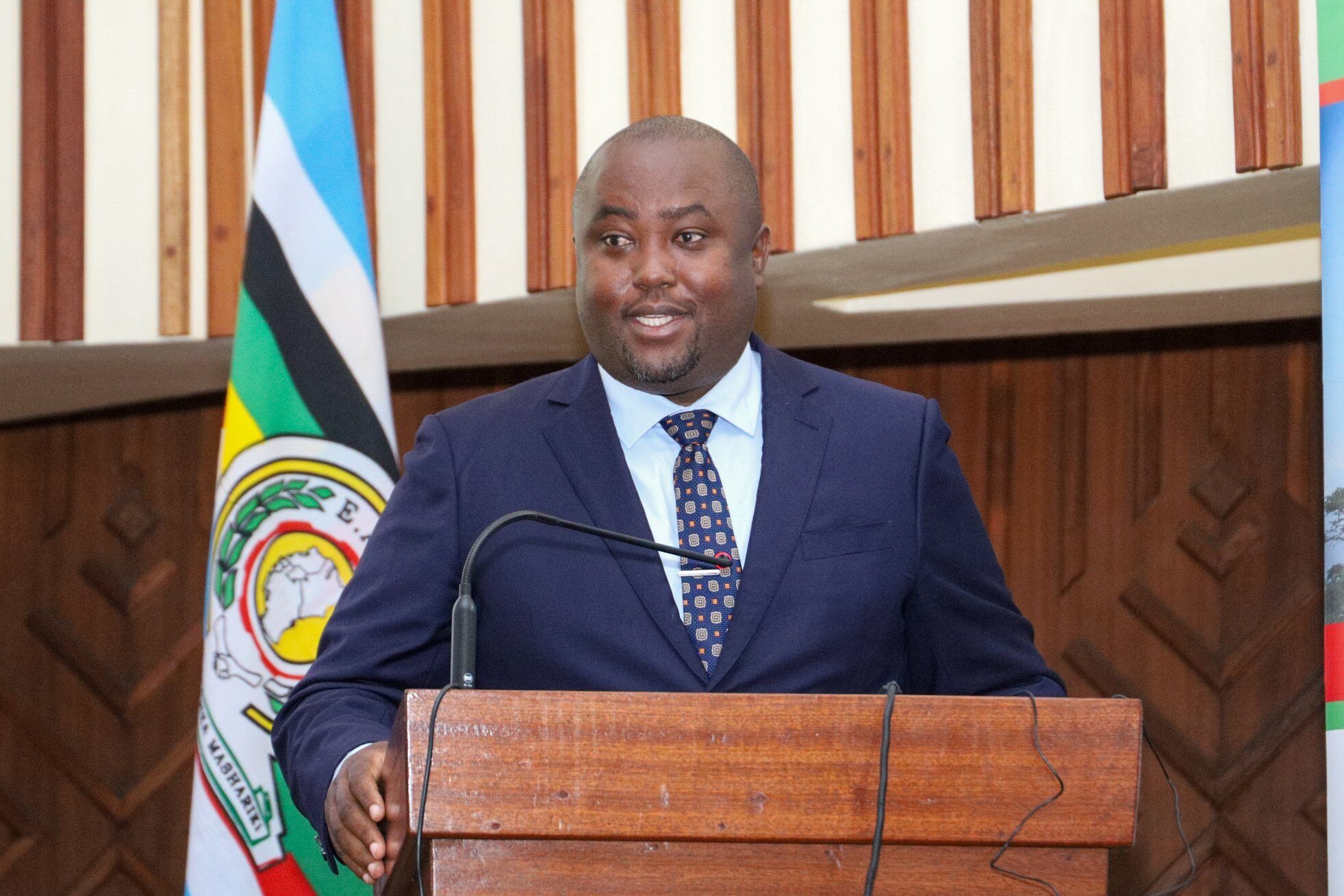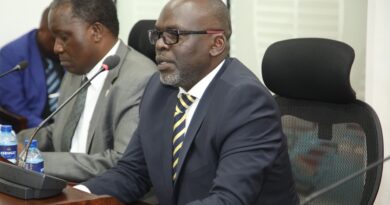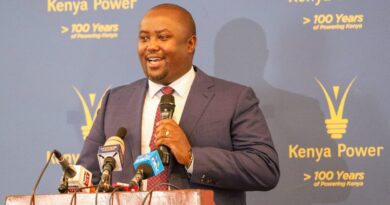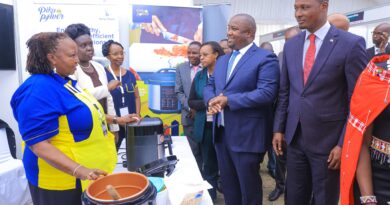Why new solar and wind plants will be required to have storage

Power producers intending to utilize intermittent energy sources like solar and wind for electricity generation must now incorporate Battery Energy Storage Systems (BESS).
This week, Energy Principal Secretary Alex Wachira disclosed that this topic is part of ongoing discussions between the government, lawmakers, and other stakeholders regarding the country’s energy supply status.
Wachira said that the government is pushing for the removal of the moratorium on the signing of new power purchase agreements (PPAs) put in place by the National Assembly last year.
As an economy, we cannot grow without power. It is for this reason the Ministry of Energy and Petroleum continues to seek the intervention of Members of Parliament on the lifting of the moratorium on signing new Power Purchasing Agreements (PPAs) and renewal of those that are set to expire
Energy Principal Secretary Alex Wachira
The PS said that once the moratorium is lifted, the power producers that will be allowed to build power plants from intermittent sources will be required to have BESS to guarantee power supply.
The PS was speaking during the release of Kenya Power’s results for the financial year 2023/24.
Kenya is a major producer of solar and wind energy and generates excess power during the day but struggles to meet demand during peak hours.
The excess energy produced during periods of low demand is wasted, leading the government to explore ways to store it and release it to the grid during the periods of high demand.
PS Wachira further said that the Ministry and Kenya Power continue to engage in negotiations with power producers to develop suitable strategies in order to provide relief for electricity consumers and ensure the long-term viability and sustainability of the energy sector.
But for us to enable those investors to reach financial closure, we need to lift the moratorium on PPAs to enable us to give them Letters of Support to build the power plants that we need
It remains to be seen how viable the proposal is, as BESSs remain expensive to build even as global prices for the technology continue to decline.
KenGen, which is Kenya’s leading power producer, is poised to become the first company in Kenya to have a grid-level BESS.
The company was last year picked as the implementing agency for a 100 megawatt (MW) BESS as part of the Kenya Green and Resilient Expansion of Energy (GREEN) program funded by the World Bank.
The project will be the first in Kenya, and will test the viability of grid-scale battery storage technology in Kenya.
“By efficiently storing surplus energy and enhancing electricity stability and reliability, the BESS project will not only alleviate energy curtailment but also usher in a new era of sustainability and energy security,” said KenGen Managing Director Eng Peter Njenga last year.
info@theenergyreview.com
Discover more from THE ENERGY REVIEW
Subscribe to get the latest posts sent to your email.


